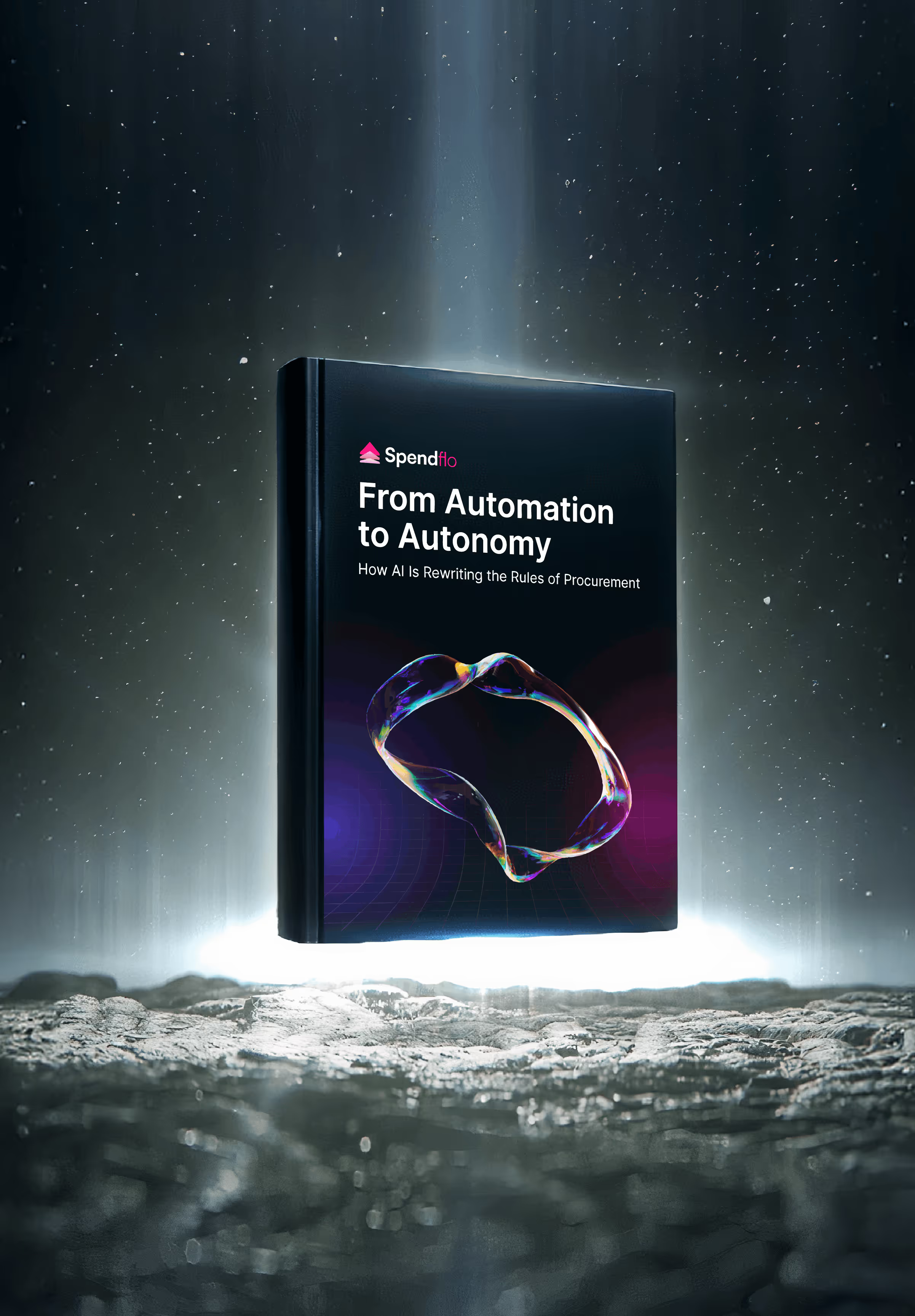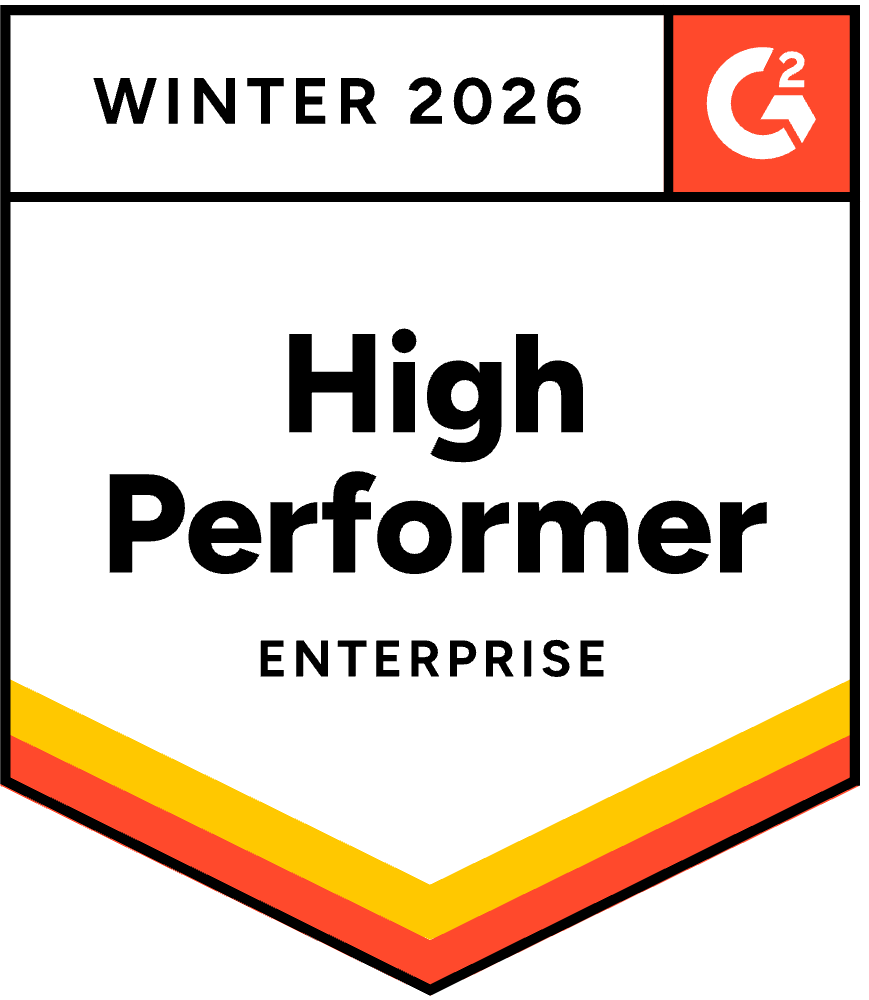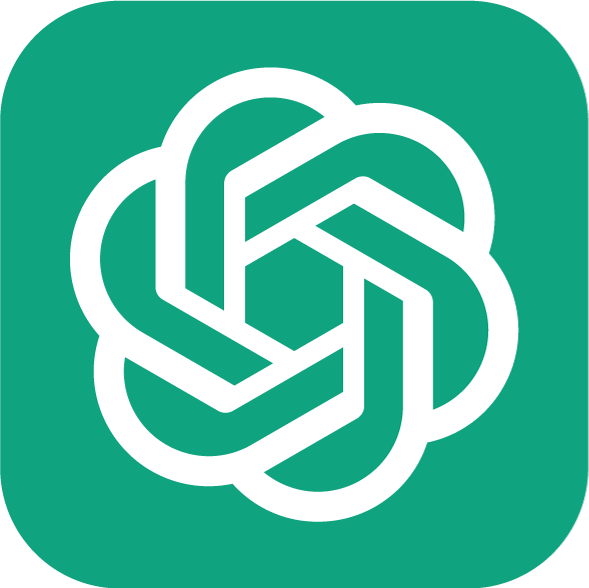

Spendflo broadens finance integrations: Monitor, map, and optimize all SaaS expenses

Spendflo broadens finance integrations: Monitor, map, and optimize all SaaS expenses
Spendflo's array of finance integrations give you streamlined, real-time, and actionable data on your SaaS usage and spending.


Why is this a no-brainer?
How many SaaS tools is your organization paying for? How much do they cost? What part of these costs are critical, and what are just nice-to-haves? Do you have a shadow IT problem?
If you need to contact 7 people who each need 5 business days to even find this data, you’re staring at a problem. Because the tougher it is to get this data, the further away your SaaS savings utopia is.
Spendflo collates all of your SaaS spend data in one place, and splits this data into:
- A total list of all the products your organization is using
- Team and user-level data to track usage and spend
- Custom timeline of spend data to spot anomalies
- In-depth transaction data for each SaaS tool based on custom timelines
And it doesn’t take a lot of people or time to get these reports. You can get it in less than 5 minutes. How?
Drawing data from your finance system with Spendflo
Spendflo’s integration with a finance system gives you all the data we spoke about. Along with that, it also helps you compare actual expenses incurred against planned or contracted expenses. This gives you insight into any deviations and more information that can be used to decide whether a contract needs to be renegotiated, retired, or downgraded to save costs:

Companies can uncover Shadow IT and duplication by scanning expense data and identifying unauthorized apps. This prevents multiple teams from paying for the same app or similar apps, helping businesses save costs and increase efficiency:

Thanks to team and user-based SaaS insights, companies can identify low usage and areas of overspending, understand and allocate budgets for teams based on the number of tools they use, and the frequency of usage:

Spendflo integrates with:
- Netsuite
- Quickbooks
- Zoho Books
- Xero
- Moneybird
- FreeAgent
- Sage Business Cloud
Spendflo automatically maps transactions to products with its AI-powered algorithm. However, you can tweak the matching to better suit your needs with the help of custom matching rules. You can pick between the two options to tailor transaction mapping to your needs:
- Match Rule: Make sure you don't overlook any expenses.
- Ignore Rule: Prevent any unnecessary expenses from showing up in your report.
Once this is done, your spend data gets automatically categorized and updated in real-time, with minimal manual intervention.
So much to see, so much to save, and not much to worry about
Integrating your finance systems with any software can seem scary, and justifiably so. However,
- Spendflo only looks for expense category codes that relate to SaaS or software spending
- Spendflo treats your data with respect and only imports data that you give permission to

Your data is safe, accessible, and actionable in a matter of minutes. Spendflo’s in-product guide will help you set up your finance integrations and will populate your dashboards with transactions that will show you the areas where you can save on your SaaS, right from day 1.
The best part is, you can access all of these reports, free of charge. So what are you waiting for? Begin your SaaS optimization journey today.















.png)
.png)















